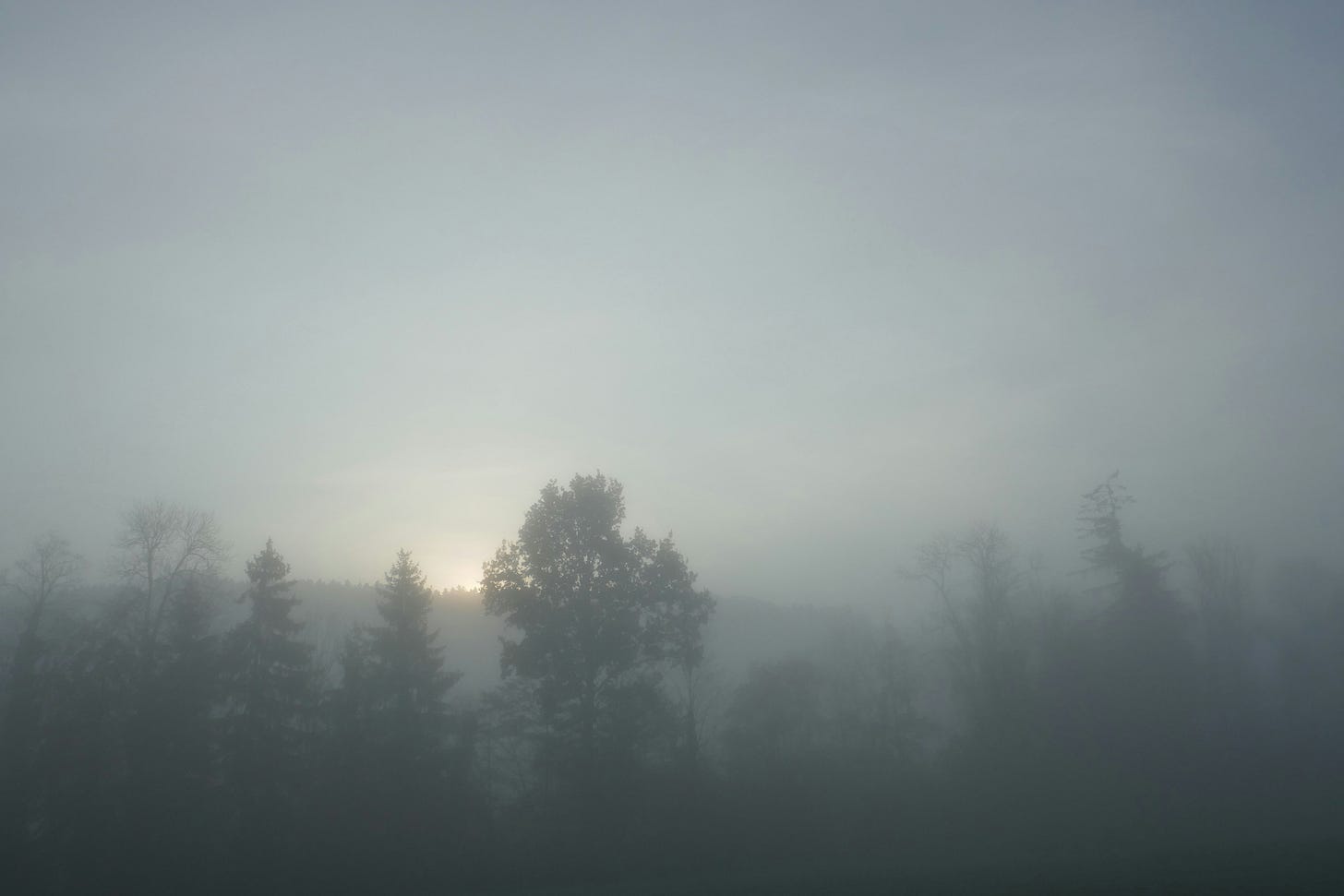Reflections 13th July
The Power of Heuristics.
There are times in our lives when the walls we shelter behind disappear for a moment, and we find ourselves with a direct, high-speed connection to awe and mystery. The birth of our first child, the death of a loved one, a natural disaster, or sometimes, if we’re lucky, a glimpse through the mist of an insight that has been eluding us.
Keep reading with a 7-day free trial
Subscribe to Outside the Walls to keep reading this post and get 7 days of free access to the full post archives.


